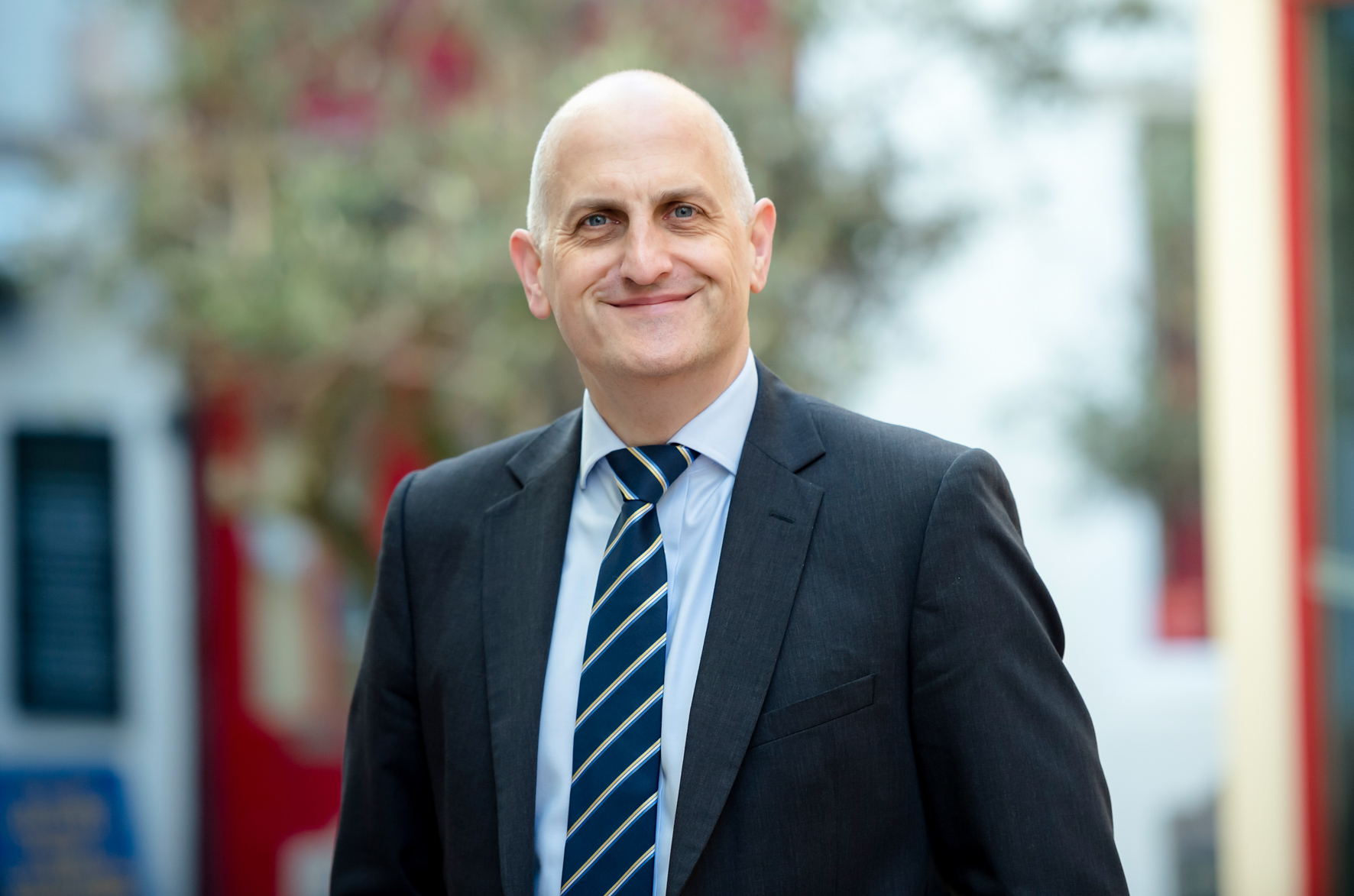Making the decision to become a consultant solicitor takes much thought and preparation. We understand it is not a quick or easy choice and strive to ensure all our solicitors have as much information they need to make an informed decision. So, to help solicitors thinking of becoming a consultant solicitor, we asked Darren Stone for an honest and frank account of why he took the plunge into consultancy.
How many years have you been a lawyer?
20 years
Where did you first start your career and how did it develop?
I started out as a criminal lawyer and worked for one of the busiest Legal Aid practices in Brighton, I thoroughly enjoyed the cut and thrust of the work and was lucky enough to be trained by one of the best criminal solicitors in the local area who gave me an excellent training. With cuts being introduced to Legal Aid, getting married and starting a family I made the decision to leave that area of law. I used the skills I had gained in Court proceedings to change practice area and joined a boutique Insolvency Practice and retrained. I have been practising insolvency law for 16 years and having spent 7 years at a boutique practice I then went on to start and head up Insolvency Departments at two regional firms and managed to get them both listed in Legal 500 as well as being recognised for my expertise in the Chambers Legal Directory.
When did you start thinking about becoming a Consultant?
I had got to a point in my career where decisions were be made about how I was expected to practice without me having any control over them. I could see that firms of a certain size were all very similar (if not the same) despite whatever marketing tagline they used it was about bottom line. Clients were important as were staff but something always seemed to be lost in translation.
Why did Consultancy sound appealing to you?
It was a great way to test myself; I wanted independence and the ability to be able to give clients a choice. I can charge fixed fees, hourly rates or a combination of both to suit the client. I have choice over the work that I take on and know that at the end of the day I do not have to worry about hitting arbitrary targets whether they are chargeable time targets or billing targets etc. The main aim is to do a good job for the client and the chargeable time and billing follows on from that naturally.
Did you have any reservations about becoming a Consultant and if so what were they?
I was worried about the lack of a salary, working on my own and to an extent flexible working. I am fortunate that I have a loyal base of clients and exchanging the certainty of a salary for the freedom of being a Consultant was worth it. I have invested in technology so working at home or in the office in Brighton is seamless. I also took some advice from a Partner at a former firm who is also a Consultant. He advised me to maintain a routine which works really well for me.
Why did you choose to join Cognitive Law?
I knew Lucy and when I spoke to her it was an easy decision. Lucy has set up a firm that just lets you get on with being a modern solicitor avoiding the flaws of the old law firm model. It is client centric, and the internal systems and procedures have the advantage of being modern rather than simply being the product of many years of change.
How has your life changed since joining the company?
Apparently, I am now more relaxed and happy!
Were your reservations addressed when you became a Consultant?
Absolutely, the firm is supportive of its Consultants.
What would you say to any lawyer thinking about becoming a Consultant?
If you have a client following and do not need the machinery of a law firm to bring work to you then it is an option which can definitely put a spring back into your step.
